PivastA 4 Tablet belongs to a class of medicines called statins and is used to lower cholesterol and reduce the risk of heart disease. Cholesterol is a fatty substance that can build up in blood vessels, causing narrowing that may lead to a heart attack or stroke. PivastA 4 Tablet is considered safe for long-term use and can be taken with or without food. It is recommended to take it at the same time every day for consistent results. Regular cholesterol monitoring is important, and this medicine works best alongside a healthy diet, regular exercise, smoking cessation, moderation of alcohol, and maintaining a healthy weight.
Uses of PivastA 4 Tablet
High cholesterol
High triglycerides
Prevention of heart attack and stroke
Benefits of PivastA 4 Tablet
Reduces “bad” cholesterol (LDL) and triglycerides
Increases “good” cholesterol (HDL)
Lowers the risk of atherosclerosis and cardiovascular events
Helps maintain long-term heart health
Effective even if you feel well, emphasizing the importance of continued use
Side Effects of PivastA 4 Tablet
Most side effects are mild and temporary. Contact your doctor if they persist or worsen:
Constipation
Muscle pain
Back pain
Diarrhea
Pain in extremities
Rarely, yellowing of the eyes or unexplained muscle pain
How to Use PivastA 4 Tablet
Take the tablet exactly as prescribed by your doctor
Swallow whole; do not chew, crush, or break
Can be taken with or without food, preferably at a fixed time each day
Regular use is important for optimal results
Do not stop medication without consulting your doctor
How PivastA 4 Tablet Works
PivastA 4 Tablet is a statin that lowers cholesterol by blocking the HMG-CoA reductase enzyme, which the body uses to produce cholesterol. This decreases “bad” cholesterol (LDL) and triglycerides while increasing “good” cholesterol (HDL), supporting heart and vascular health and reducing the risk of stroke and heart attack.
Safety Advice and Precautions
Alcohol: Consult your doctor before consumption, as it may increase side effects
Pregnancy: Unsafe; do not use during pregnancy
Breastfeeding: Unsafe; may harm the baby
Driving: Usually safe; does not affect alertness
Kidney: Use with caution; dose adjustment may be needed
Liver: Use with caution; dose adjustment may be needed
What to Do If You Miss a Dose
Take the missed dose as soon as possible
If it is nearly time for the next dose, skip the missed dose
Do not double the dose to make up for a missed one
Resume your regular dosing schedule
Precautions
Monitor cholesterol and blood sugar levels regularly
Follow lifestyle and dietary recommendations for optimal results
Avoid high-fat foods
Inform your doctor of any liver or kidney disease
Continue medication even if you feel well
Vendor Information
- Address:
- No ratings found yet!
-9%
-9%







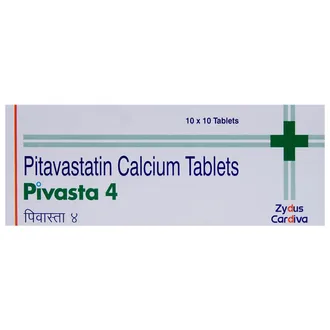

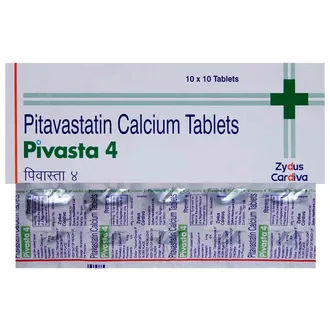

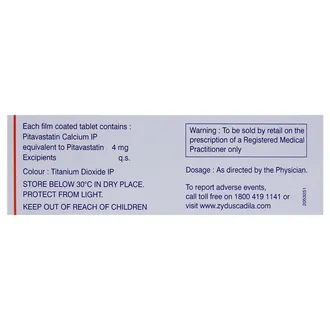

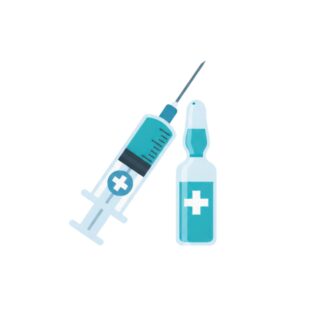


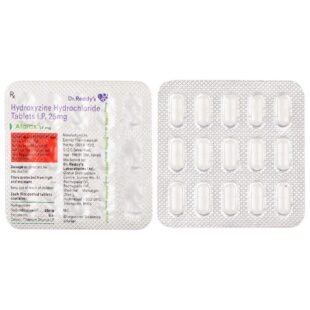



Reviews
There are no reviews yet.